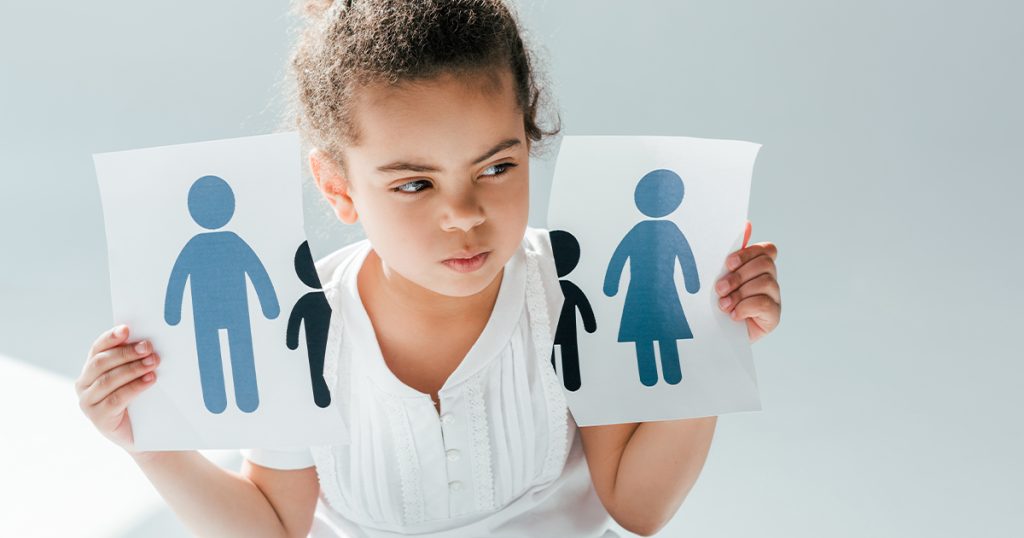Separation and divorce aren’t easy for adults, so it’s no surprise that children struggle with this experience. As parents, we go out of our way to keep our children healthy, happy, and safe, but
despite our best efforts, we can’t always protect our kids. During a divorce, your child will almost certainly be upset, but there are some steps you can take to make the transition easier on them. In this blog, we’ll talk through some tips for helping your child cope with divorce or separation.
1 – Make Sure Both Parents Stay Involved with Kids
Kids don’t like change, and neither do adults for that matter. It’s important to make the transition as painless as possible for your child. For this reason, allowing them to spend time with both parents during a divorce or separation is important. You never want your child to feel like they are losing a parent in the divorce. Work together with your ex to develop a plan that makes sense for parents and child.
2 – Be Positive when Your Child Spends Time with Your Ex
It’s easy to fall into the trap of bad mouthing your ex. We have all done it. You’re not getting divorced because your marriage was all sunshine and butterflies. It’s healthy and important for you to express the negative feelings you’re having about your ex, but it’s not healthy to express those feelings to your child. This is especially true when it’s time for your child to spend time with your partner. Don’t make negative comments about the visit to your child. If you have legitimate concerns about the visit, discuss them with your ex beforehand and outside of earshot of your child.
3 – Be Reassuring & Validating
Make sure your child feels safe, but don’t dismiss their feelings. If they are mad, sad, worried, or otherwise upset, validate those feelings. Let them know their feelings are all healthy and okay. Reassure them that you and your ex both still love them, and that they are not to blame for any issues in your relationship. Try to help them find healthy outlets to express their feelings.
4 – Workout Co-Parenting Issues when Your Child Isn’t Around
We’ve already mentioned this a few times, but it’s important and bears repeating. Don’t argue or discuss co-parenting issues in front of your child. It may happen. We’re only human, but whenever possible, resolve problems that arise when your child isn’t around.
5 – Be Honest!
Finally, don’t lie to your child. As much as possible, be honest about the reasons for your divorce or separation. If children don’t understand why parents are divorced or separating, their inclination is toward self-blame, and you never want your child to believe they are responsible for the dissolution of your relationship. Be clear; be kind; and be honest.
Bonus Tip – Consider Working with a Therapist
Your child may benefit from working with a therapist during your divorce or separation – as could the whole family. If you’re looking for a counselor who can offer support for your family during a divorce or separation, please consider contacting the knowledgeable team at Lotus Psychology Group. You can get started right away by calling our practice at (248) 957-8973, emailing info@lotuspsychgroup.com, or filling out our online inquiry form.


